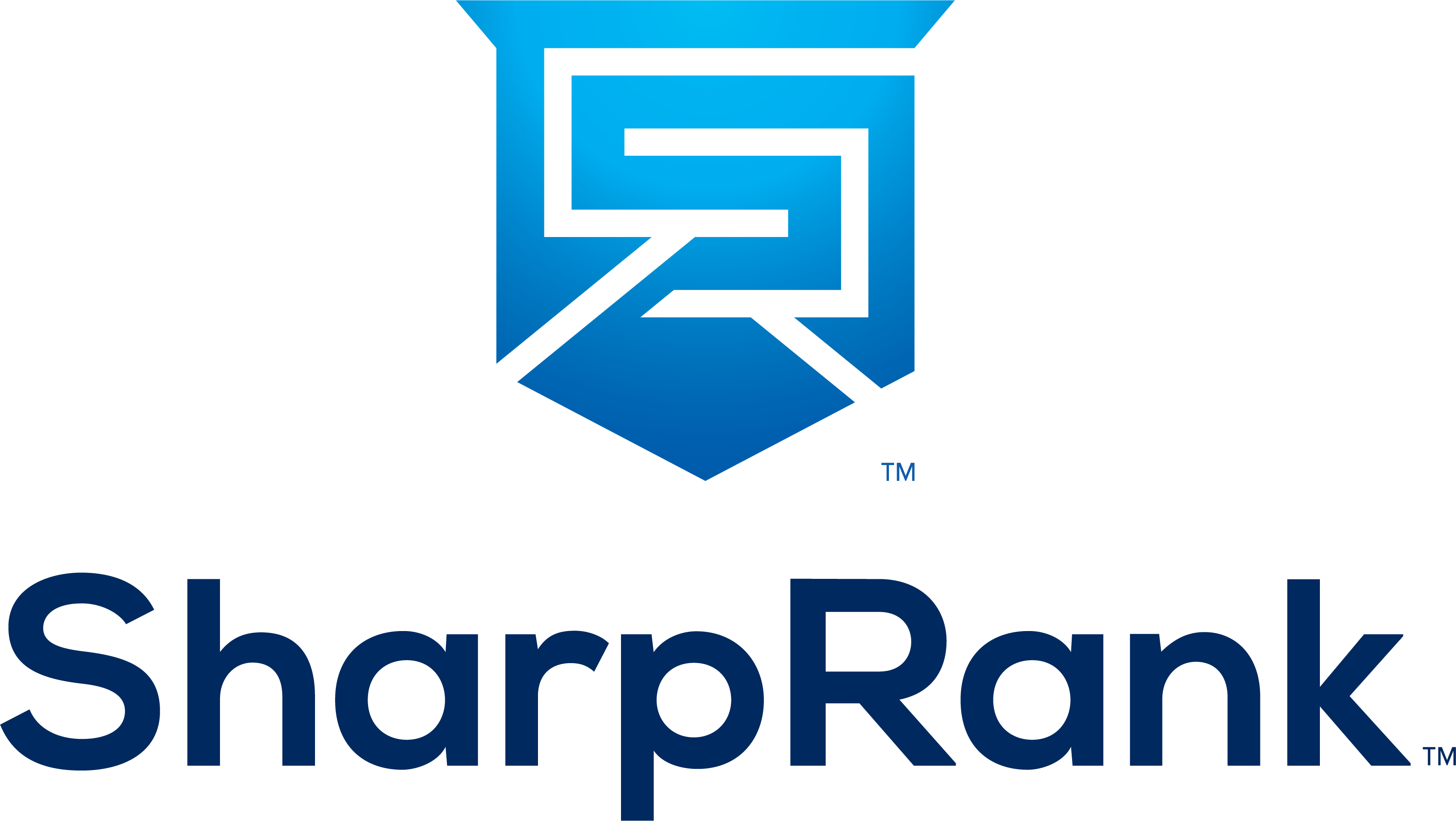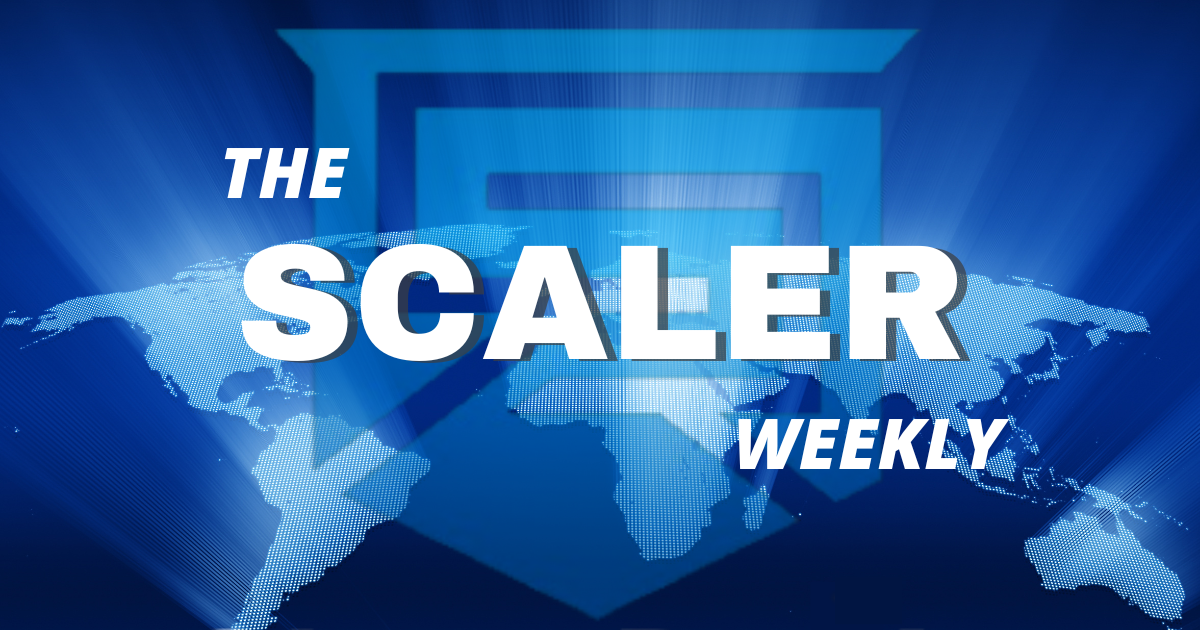SharpRank’s weekly updates on Compliance, Audit, Legislation, Ethics, & Regulation within the Sports Betting Industry.
Topics 8/20/25:
- Fanatics Unveils Enterprise-Wide Loyalty Program With VIP Rewards and Athlete Experiences
- Google Opens Missouri to Sports Betting Ads After Certification Policy Update
- Missouri Awards Untethered Mobile Betting Licenses to DraftKings and Circa
- FanDuel Finds Backdoor Into Missouri via St. Louis City SC
- AGA Report: One-Third of U.S. Gambling Still Illegal
- Offshore Books Target Little League World Series Despite Warnings
- Michigan Cracks Down on 15 Illegal Offshore Gambling Sites
- Kalshi Self-Certifies Football Props, Spreads, and Totals Amid CFTC Review
- NBA, NBPA Support Limits on Prop Bets to Protect Integrity, Reduce Abuse
Fanatics Unveils Enterprise-Wide Loyalty Program With VIP Rewards and Athlete Experiences
Fanatics has rolled out its first enterprise-wide loyalty program, Fanatics ONE, designed to reward fans with “FanCash” across apparel, trading cards, and sportsbook/casino platforms. The program features five tier levels with escalating benefits, including free shipping, exclusive product drops, VIP athlete and celebrity events, and access to premier gatherings like Fanatics Fest and the company’s Super Bowl party. Existing account holders are automatically enrolled, with U.S. fans eligible immediately and global expansion planned.
Google Opens Missouri to Sports Betting Ads After Certification Policy Update
Google announced that beginning August 15, 2025, it will accept sports betting ads from certified Missouri operators, marking another step in its phased U.S. expansion of gambling-related advertising. Advertisers must complete Google’s certification process, maintain valid state licenses, and comply with responsible gambling standards, while violations could lead to account suspension. The policy allows most Google ad formats but restricts some, and applies only within Missouri’s state boundaries, reflecting the state-by-state complexity of U.S. sports betting regulation.
Missouri Awards Untethered Mobile Betting Licenses to DraftKings and Circa
The Missouri Gaming Commission awarded the state’s two untethered mobile betting licenses to DraftKings and Circa Sports, allowing them to operate without casino or team partnerships when the market opens December 1. DraftKings projects $175 million in annual revenue, while Circa’s approval was a surprise win over FanDuel, which must now pursue a tethered license via a deal with MLS club St. Louis City SC. The licenses cost $500,000 each, with tethered permits available for $250,000 as other major operators, including Caesars, BetMGM, ESPN BET, bet365, and Fanatics, prepare to enter the market.
FanDuel Finds Backdoor Into Missouri via St. Louis City SC
Hours after missing out on one of Missouri’s two untethered sports betting licenses, FanDuel announced a tethered market-access agreement with Major League Soccer’s St. Louis City SC. While DraftKings and Circa secured the stand-alone licenses, FanDuel will now operate in the state under a team partnership when betting launches December 1. The deal’s terms weren’t disclosed, but tethered access costs $250,000 plus a negotiated revenue or payment arrangement. Missouri becomes FanDuel’s 25th jurisdiction, joining nearby states Iowa, Illinois, and Kansas, as other operators like BetMGM, Fanatics, and Underdog also seek entry through tethered deals.
AGA Report: One-Third of U.S. Gambling Still Illegal
A new report from the American Gaming Association (AGA) warns that nearly one-third of U.S. gambling revenue flows to illegal operators, amounting to $674 billion in annual wagers and $53.9 billion in revenue. This activity costs states an estimated $15.3 billion in tax revenue while offering no consumer protections. Illegal online slots and table games are expanding rapidly, generating $18.6 billion annually, while unregulated gaming machines across the country generate another $30.3 billion. Offshore sportsbooks and illegal bookies still capture $84 billion in bets each year. AGA president Bill Miller urged stronger enforcement and international cooperation to curb bad actors exploiting players and undermining the regulated market.
Offshore Books Target Little League World Series Despite Warnings
As the 2025 Little League World Series unfolds, organizers issued a plea urging fans not to bet on games involving children, underscoring that youth sports should remain free from gambling influence. While no major regulated U.S. sportsbook posts lines on the LLWS, offshore operators have filled the void, openly offering odds and reporting that wagers on the tournament will surpass those on professional tennis or soccer over the next two weeks. The statement stressed that children should not be exploited for personal profit, citing concerns about player safety, integrity, and gambling-related threats. The episode highlights how unregulated offshore markets exploit gaps in U.S. oversight even as legal operators avoid youth betting.
Michigan Cracks Down on 15 Illegal Offshore Gambling Sites
The Michigan Gaming Control Board (MGCB) has ordered 15 unlicensed operators—including well-known offshore brands such as 7 Bit Casino, Liberty Slots, and Miami Club—to immediately halt gambling services aimed at Michigan residents. The enforcement action, backed by the state’s Lawful Internet Gaming Act and Michigan Penal Code, highlights risks posed by illegal platforms that offer no consumer protections or regulatory oversight. MGCB Executive Director Henry Williams emphasized that these sites, often masked by fake ads and offshore branding, put players’ financial and personal information at risk. As part of its “Play It Smart, Michigan” campaign, the agency launched a new “Legal vs. Illegal Gaming” resource hub to help residents identify licensed operators, avoid predatory offshore sites, and report violations. The crackdown reflects growing state-level efforts to combat illegal gambling and protect tax revenues siphoned off by unauthorized operators.
The Full Story Here.
Kalshi Self-Certifies Football Props, Spreads, and Totals Amid CFTC Review
Kalshi has filed self-certifications with the Commodity Futures Trading Commission (CFTC) to launch markets on football player props, point spreads, and over/unders—bringing sportsbook-style betting into a federally regulated exchange framework. The contracts, listed under FOOTBALLSPREAD, FOOTBALLTOTALS, and FOOTBALLTOUCHDOWN, could go live immediately unless the CFTC blocks them or initiates a 90-day review. Kalshi CEO Tarek Mansour emphasized that the move provides Wall Street-level protections for sports bettors while offering a legal alternative to the $84 billion illegal sports betting market. If permitted, these markets could pave the way toward parlays, a lucrative sportsbook staple, raising questions about liquidity and market-making within an exchange model. By positioning itself against offshore operators and unregulated sportsbooks, Kalshi is framing its expansion as both consumer protection and market innovation.
NBA, NBPA Support Limits on Prop Bets to Protect Integrity, Reduce Abuse
Following recent federal investigations into gambling-related manipulation, including the lifetime ban of Jontay Porter, the NBA and NBPA publicly expressed support for tighter limits on prop bets. The league said restrictions are needed to reduce risks of manipulation while still keeping wagers in regulated markets, while the union emphasized growing concerns about player harassment linked to prop betting. States like Ohio and New Jersey are already moving against microbets, which Gov. Mike DeWine and lawmakers argue could threaten both integrity and youth exposure. The NBA’s stance signals growing alignment between leagues and unions on curbing certain bet types amid heightened scrutiny on gambling-related scandals.
The Full Story Here.
Click here to read our latest blog post: Efficient Market Hypothesis in Sports Betting

